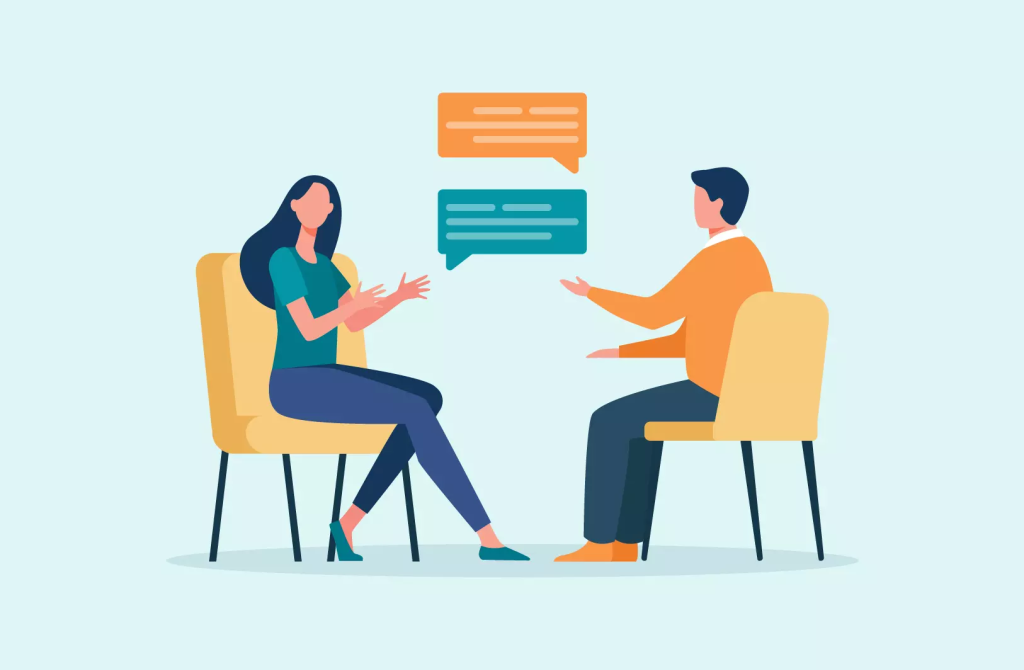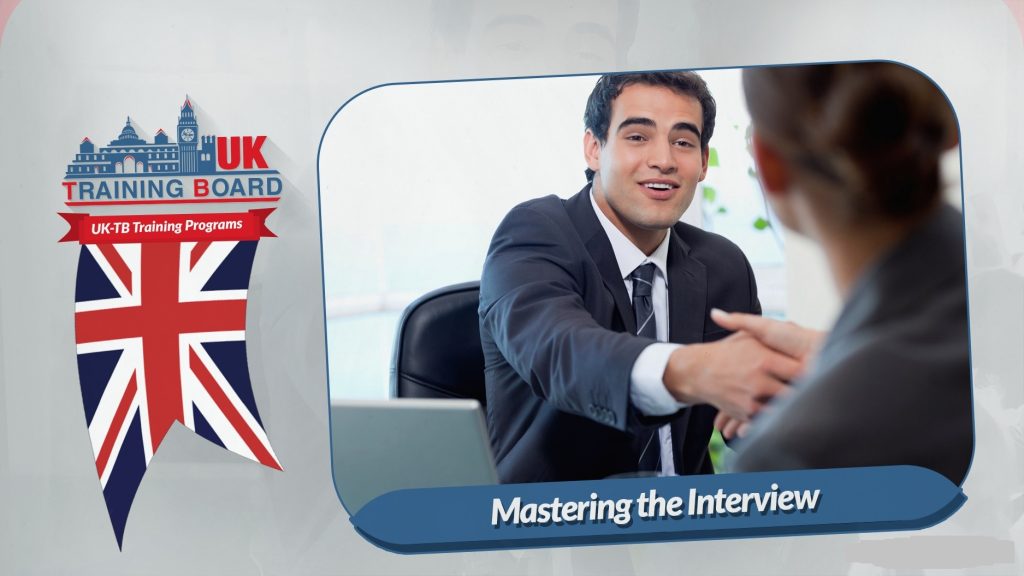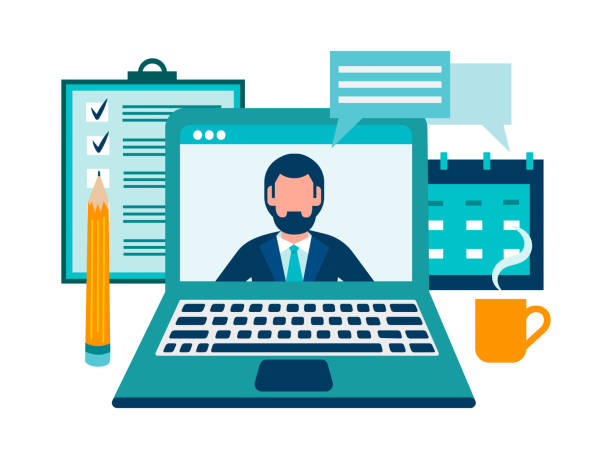As individuals embark on their career journeys, the importance of effective preparation for job or college interviews cannot be overstated. It is during these interviews that candidates have the opportunity to showcase their skills, experiences, and potential value to prospective employers or educational institutions. However, the pressure and uncertainty surrounding interviews can often lead to anxiety and hinder performance. This is where mock interviews, also known as practice interviews, can play a pivotal role in boosting confidence, refining skills, and ensuring candidates are well-prepared for the real deal.
Understanding Mock Interviews
A mock interview is a simulated interview experience designed to replicate the conditions of a real interview. It provides candidates with the opportunity to practice and prepare for the challenges they may encounter during an actual interview. Mock interviews can be conducted with the help of a career coach, mentor, or even a friend who can provide valuable feedback and guidance.
The benefits of mock interviews are manifold. They allow candidates to become familiar with the interview process, gain confidence in their abilities, and refine their responses to common interview questions. By simulating the interview environment, candidates can identify areas for improvement and work on their interview etiquette, body language, and attire.
Benefits of Mock Interviews
Enhancing Interview Skills
One of the primary benefits of mock interviews is the opportunity to develop and refine interview skills. Candidates can practise answering questions using techniques such as the STAR Method (Situation, Task, Action, Result) to structure their responses effectively. This methodology ensures that answers are concise, memorable, and highlight the candidate’s skills and experiences.
Receiving Valuable Feedback and Tips
During a mock interview, the interviewer, whether it’s a career specialist or a mentor, plays a crucial role in providing constructive feedback and valuable tips. They can offer insights into areas that need improvement, such as responses, clothing choices, and body language. Feedback may also address nervous habits or mannerisms that can distract from the candidate’s overall interview presence
Reducing Stress Levels
Interviews can be inherently stressful, especially for individuals who may lack experience or are unfamiliar with the process. Mock interviews can serve as a powerful tool for reducing anxiety and stress associated with interviews. While candidates may still feel nervous, the practice gained through mock interviews can significantly boost their confidence and prepare them to answer questions with poise and composure.
When to Use Mock Interviews
Mock interviews find their greatest utility in helping individuals prepare for job and college interviews. Let’s explore how they can benefit candidates in these contexts.
Preparing for a Job Interview
Job interviews can be a critical step in the hiring process. Mock interviews can help candidates during their job search by offering physical and mental preparation. They can assist in developing results-oriented responses, understanding interview etiquette, and minimising stress associated with the hiring process.
Preparing for a College Interview
For college students, mock interviews can be invaluable in preparing for admission interviews. College representatives use interviews to evaluate applicants and determine if they are a good fit for the institution. Mock interviews enable students to make a positive impression, showcase their interests, and highlight their skills, ultimately increasing their chances of securing admission.
How to Prepare for a Mock Interview
To make the most of a mock interview, candidates should follow these steps to adequately prepare:
1. Select a Mock Interviewer
Candidates have several options when it comes to choosing a mock interviewer. It can be someone they know, such as a family member or teacher, or they can work with a professional interviewer like a career counsellor or a career specialist. Online platforms also offer professional mock interview services.
2. Dress for the Interview
A mock interview should mirror a real interview, including appropriate attire. Candidates should consider wearing the same type of clothing they would wear to an actual interview. This often involves well-maintained and professional attire, such as a tailored suit, dress shirt or blouse, appropriate bottoms, and polished footwear.
3. Create a Realistic Interview Environment
To make the mock interview as authentic as possible, candidates should try to recreate the interview environment. If the actual interview will be conducted via video conference, the mock interview should also be conducted using the same video conferencing software. This allows candidates to practise logging in, turning on their camera and microphone, and even applying background effects if necessary. If the interview is in person, candidates should try to arrange the mock interview in a similar setting, such as an office or conference room.
4. Arrive Early
Arriving early for an interview allows candidates to settle their nerves, find parking if necessary, and approach the interview with a calm and composed mindset. The same principle applies to mock interviews. Candidates should aim to arrive at least 20 to 30 minutes before the scheduled start time to ensure ample time for preparation.
5. Bring Necessary Documents
While most job applications are submitted online, candidates should consider bringing hard copies of their resume and cover letter to the mock interview. Having these documents on hand can be helpful for reference purposes during the practice session. Additionally, candidates should bring a small notebook and a pen to jot down any important notes or feedback provided during the mock interview.
6. Research the Company or Institution
Familiarity with the company or institution is crucial for interview success. Candidates should research the organisation’s values, mission, products or services, and recent events. They can gather this information by visiting the company’s website, checking social media platforms, and exploring the LinkedIn profiles of current employees. Understanding the company’s culture and values allows candidates to align their responses with the organisation and demonstrate genuine interest.
Examples of Interview Questions
While each interview is unique, certain questions tend to be common across a range of industries and institutions. Let’s explore a few examples of job-specific and company-specific interview questions that candidates may encounter:
Job-Specific Interview Questions
- “Tell me about yourself” – What the interviewer is really asking: This question aims to assess the candidate’s fit for the job. Candidates should provide a brief synopsis of their work history, highlighting relevant experience, skills, and strengths.
- “What are your strengths and weaknesses?” – What the interviewer is really asking: This question explores the candidate’s skills and areas for improvement. Candidates should align their strengths with the job requirements and provide examples of how they are working to improve their weaknesses.
Company-Specific Interview Questions
- “Why do you want to work for this company?” – What the interviewer is really asking: This question evaluates the candidate’s alignment with the company and role. Candidates should highlight how the company’s mission and values resonate with their own, and how their skills and passions align with the position or company culture.
- “Where do you see yourself in five years?” – What the interviewer is really asking: This question aims to gauge the candidate’s long-term goals and commitment to the role. Candidates should discuss their professional growth within the company and mention specific skills they hope to develop or enhance.
Further Steps for Interview Success
In addition to mock interviews, candidates can take advantage of online courses and resources to further enhance their interview skills. Platforms like Coursera offer courses such as “Advanced Interviewing Techniques,” which provide valuable insights into effective communication and interview strategies. These courses often have flexible deadlines, allowing candidates to learn at their own pace and earn certificates upon completion.
Mock interviews serve as invaluable tools for individuals seeking to excel in job or college interviews. By providing a realistic simulation of the interview experience, candidates can gain confidence, refine their skills, and ensure they are well-prepared for the actual interview. With the guidance of a career coach, mentor, or professional interviewer, candidates have the opportunity to receive valuable feedback and tips that can significantly enhance their interview performance. By incorporating mock interviews into their preparation process, individuals can maximise their chances of success and secure their desired career or educational opportunities. So, embrace the power of mock interviews, and let them propel you towards a brighter future.



